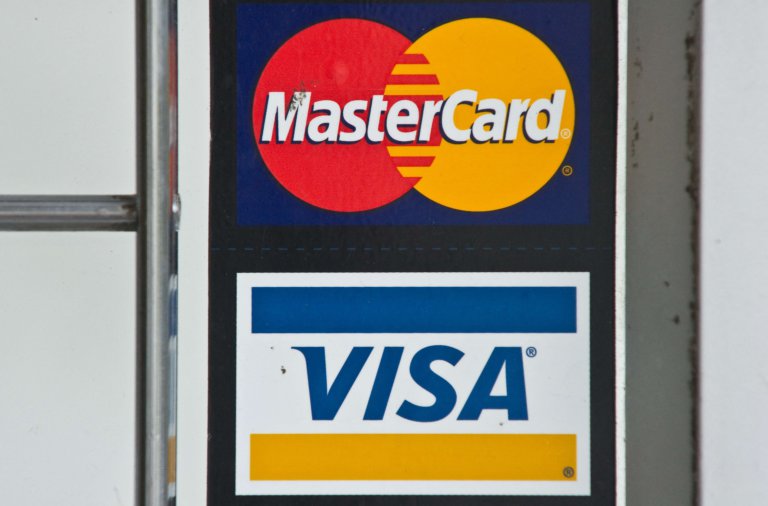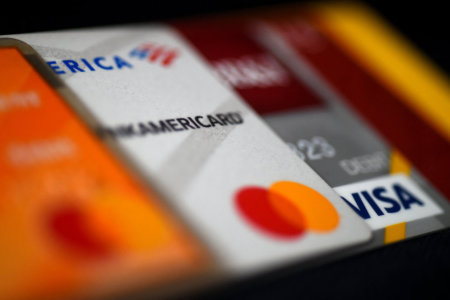
Money is a big consideration for any international student abroad. Having enough funds to support yourself, especially in emergencies, is essential. You might have toyed with the idea of getting a student credit card, which is especially useful for purchasing textbooks or covering unexpected expenses.
There are many pros and cons to getting a student credit card, including helping to build your credit history. In the US and many other countries, your credit history can affect your post-college life, from your ability to rent to your employability, but there are caveats to heed. If you’re considering applying for one, learn the pros and cons of a student credit card before making the dive:

Understanding the benefits and disadvantages of owning a student credit card is useful. Source: Mandel Ngan/AFP
Pros of getting a student credit card
1: Lower spending limit
Although a student credit card functions just like any other credit card, the primary difference is they have a lower credit limit. The bank or card issuer usually decides what the limit will be, by looking at an applicants’ monthly income, expenses and current debt, if any. This spending cap is handy for controlling how much you spend.
2: Build your credit score
Each time you swipe your student credit card, this “activity” will be reported to major credit bureaus. This is not necessarily a bad thing because your spending will be compiled in a credit report that determines your credit score. Having a great credit score indicates your sense of financial responsibility to potential lenders (e.g. a future landlord). This makes it easier for you to get a loan for major purchases, such as a car or a house, or even to rent a property.
Building a good credit score involves paying your bills on time and using credit responsibly. Conversely, missing your monthly payments and running huge credit bills will negatively affect your credit score. In the US, credit scores range from 300 to 850 – a good score hovers around the 670 mark, according to Fair Isaac Corporation, founder of the FICO score.
3: Emergency cash
A broken laptop? An emergency trip to the hospital? A car accident? A student credit card can come in handy for any emergency expense you may encounter, so they’re always handy to have.
4: Card advantages
Many credit cards include rewards like cashback or travel miles. Your student credit card may also come with similar perks or rewards, depending on the card issuer.
Cons of getting a student credit card
1: High interest
Student credit cards tend to have higher interest rates, with some charging 20% or higher. If you pay your bill on time, this will not be something to worry about; if you don’t, be prepared to pay hefty interest rates!
2: Low credit limit
Student credit cards typically have low limits, which means they may not always come in handy if you find yourself in an emergency that requires a higher credit limit on your credit card. Have a think about what you’ll need the card for, and whether having a card is worth the annual fees (if any). This brings us to our next point:
3: Miscellaneous credit card fees
Bear in mind that student credit cards may come with miscellanous fees like annual charges, foreign transaction fees and late payment penalties. However, you can circumvent this by doing your homework and finding a cheaper card that works for you.
4: Failing to maintain a good credit score
As mentioned earlier, failing to control your spending and paying your bills on time will negatively affect your credit score. If possible, pay the whole bill instead of making the minimum payments.
What to know about student credit cards in the US
Now that you know what a student credit card entails, here are some (general) criteria for applying:
- Aged 18 above
- Be an American citizen or have a Social Security Number
- Enrolled full-time or part-time at a qualifying school
- Show proof of having income or have someone to cosign the application
- Have good credit
According to NerdWallet, here are some student credit cards worth checking out.










